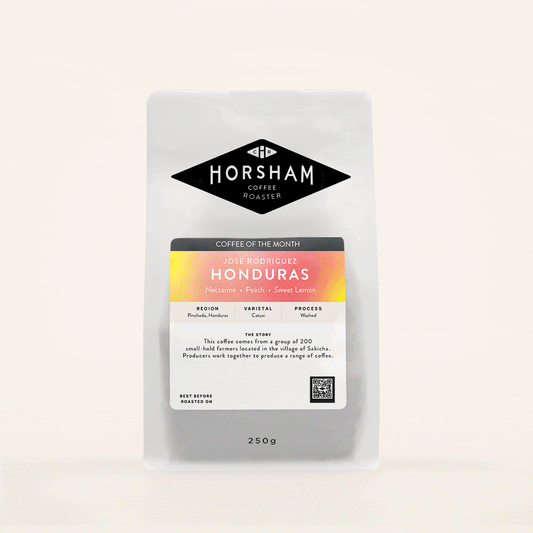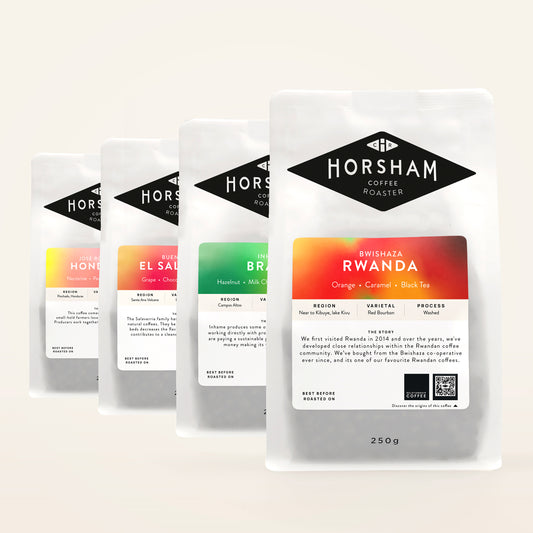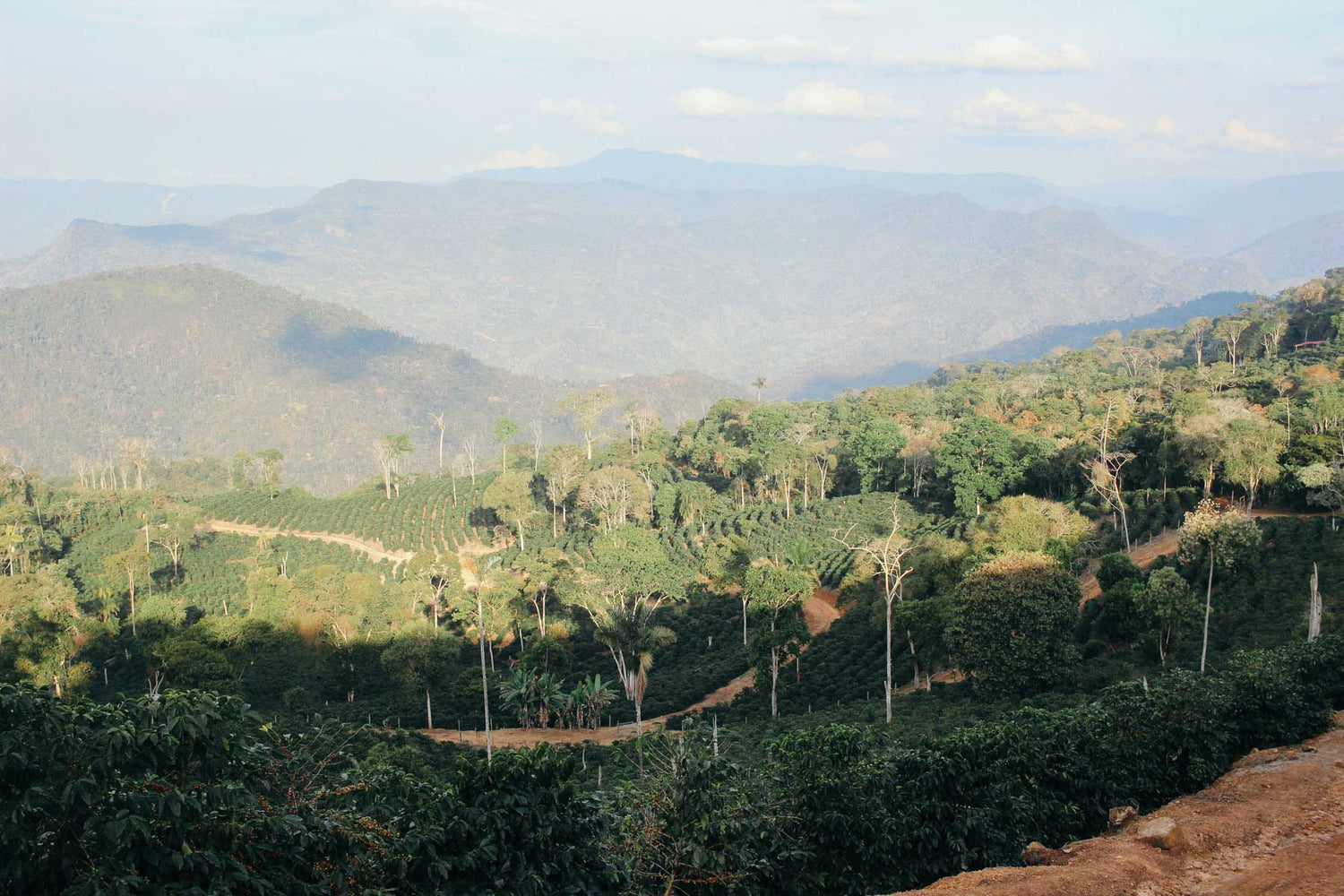
COFFEE FROM
Bolivia
Bolivia produces approximately 60,000 to 100,000 60-kilogram bags of coffee annually, making it a relatively small player in the global coffee industry. This production volume has declined over the years due to challenges such as climate change, pests, and competition from coca cultivation, which is more lucrative for many farmers.
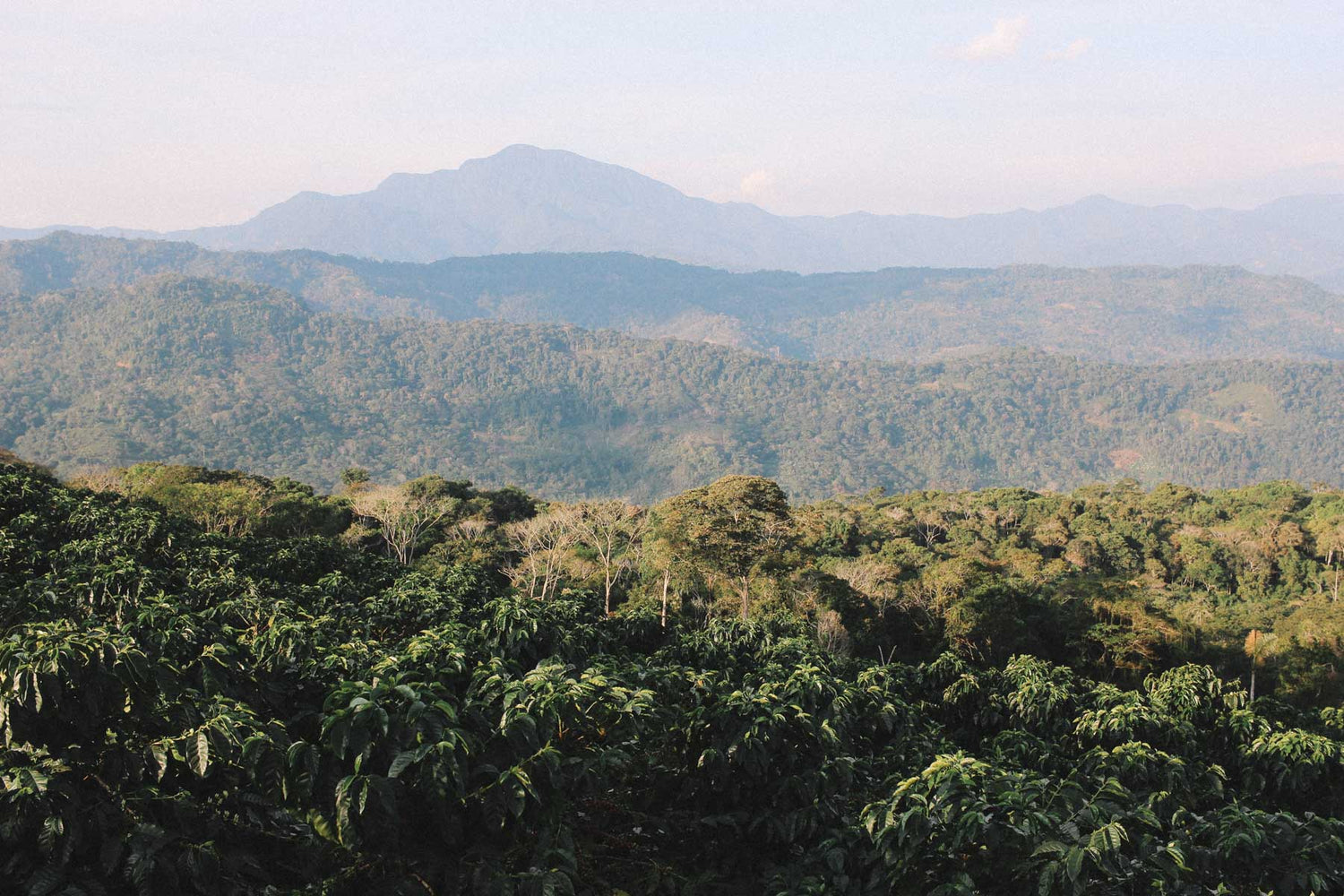
Overview
Bolivian coffee is known for its distinctive flavor profile, often featuring bright acidity, fruity and floral notes, and a medium to full body. Grown primarily in the Yungas region, northeast of La Paz, Bolivia's coffee benefits from high altitudes, fertile soil, and a favorable climate.
The country's coffee industry is dominated by small-scale, often family-owned farms. Many farmers grow coffee organically, reflecting the natural agricultural methods used in the region. Common coffee varieties include Typica and Caturra, and most Bolivian coffee is processed using the washed method, which enhances its clean and vibrant flavor profile. Some areas do produce natural and honey processed coffees.
Despite its quality, Bolivian coffee faces challenges such as limited infrastructure, declining production levels, and competition from coca cultivation. However, initiatives focusing on sustainable practices and fair trade have helped Bolivian coffee gain recognition in speciality coffee markets worldwide.
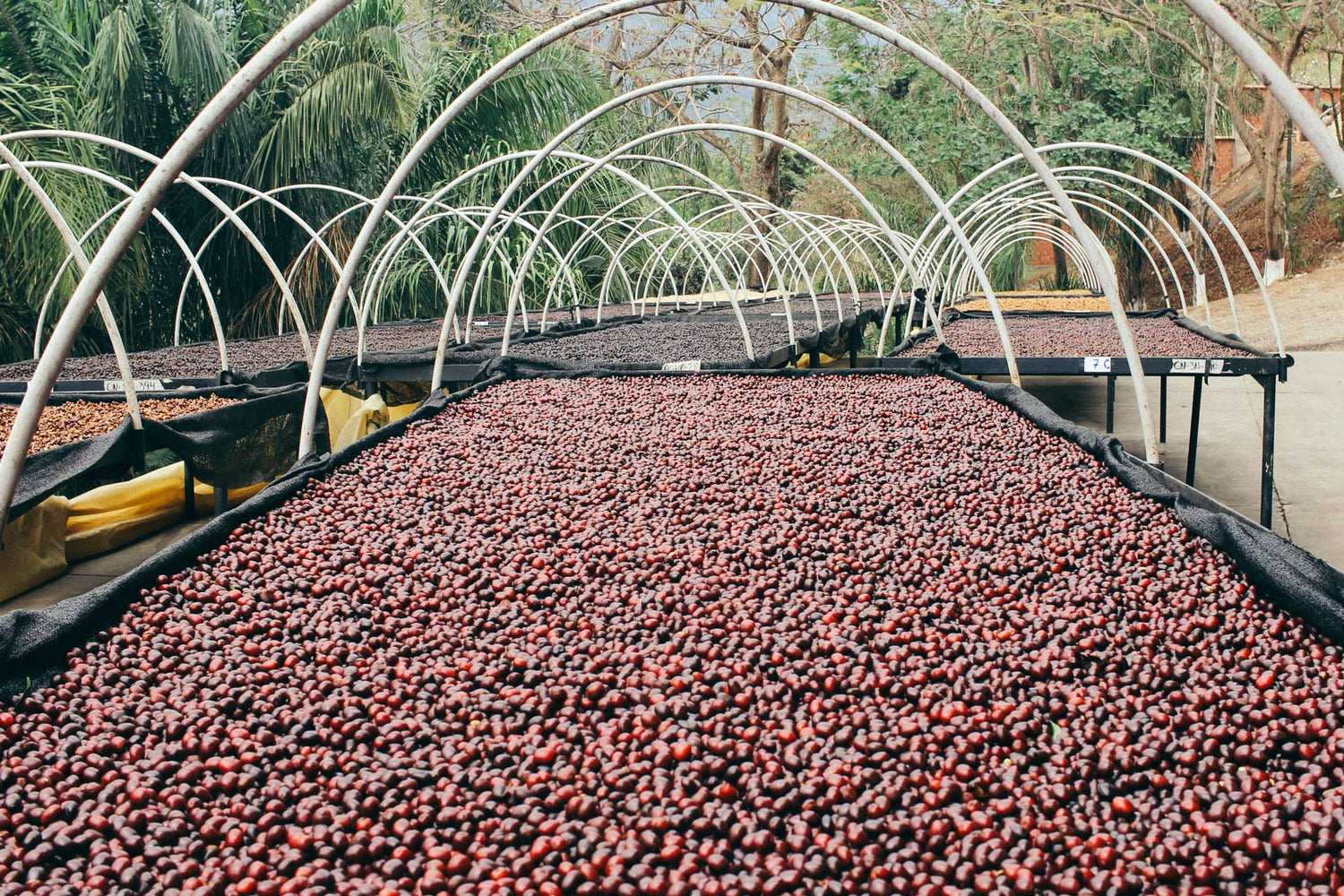
Processing Methods
Bolivian coffee producers tend to focus either on washed or natural processing methods. Producers or co-operatives will often have their own variation of these processing methods and some will also produce honey processed coffees.
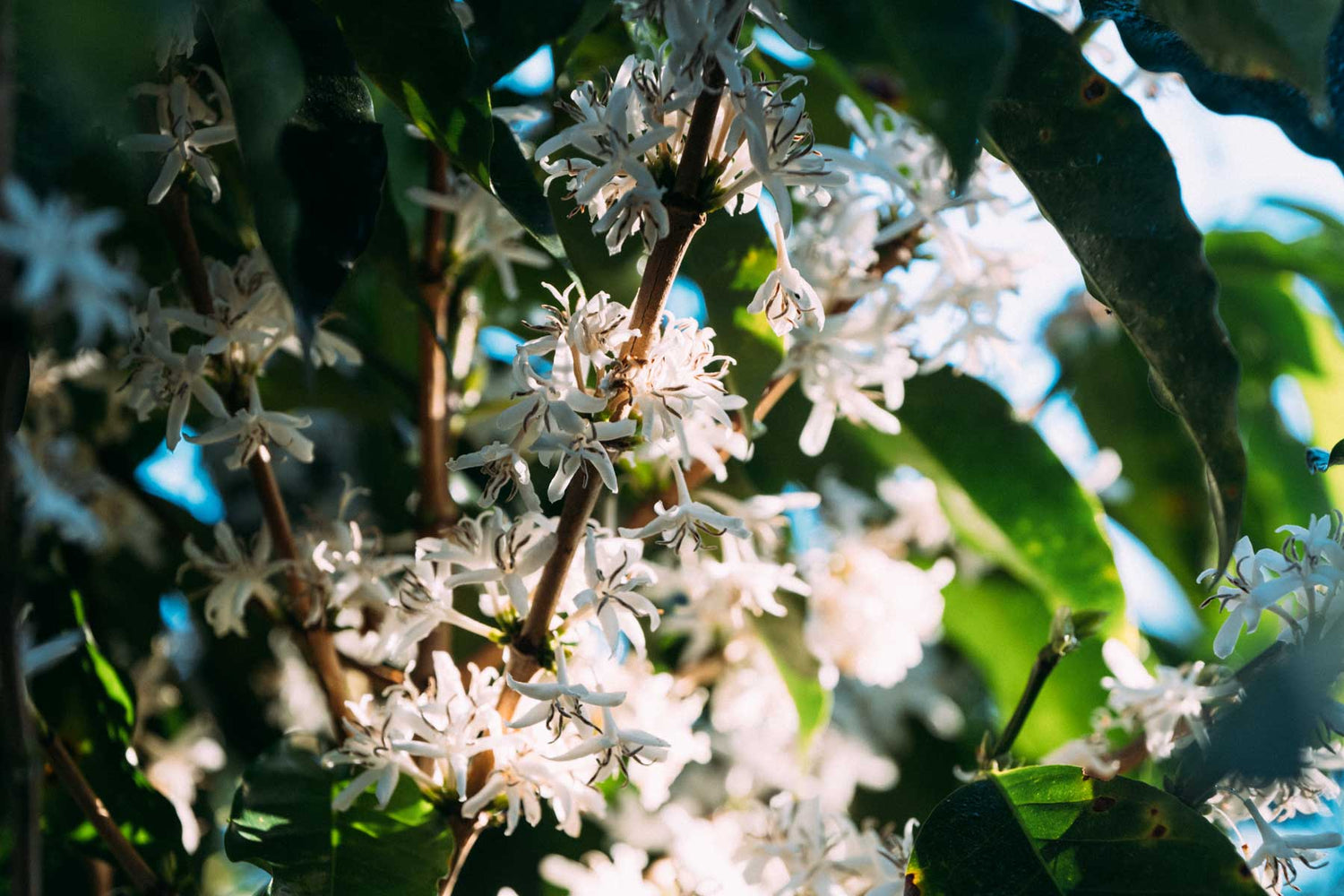
Flavour Profiles
Bolivian coffee flavour profiles tend to vary depending on the processing method used. Washed coffees are typically clean with flavours similar to other countries in the area. Natural processed coffees are usually fruity and juicy with good complexity and body.
Explore Recommended Coffee
-
Horsham Coffee Roaster
Coffee of the Month Subscription
Regular price From £9.75Regular priceUnit price / per -
Horsham Coffee Roaster
Single Origin Coffee Selection
Regular price £34.10Regular priceUnit price / per£37.90Sale price £34.10Sale -
Fig | Dried fruits | Grape
San Juanillo Natural - Christmas Single Origin Costa Rica | Natural
Regular price From £13.50Regular priceUnit price / per -
Jasmine | Pear | Honey
La Palmera Geisha Honduras | Washed
Regular price From £15.75Regular priceUnit price / per
